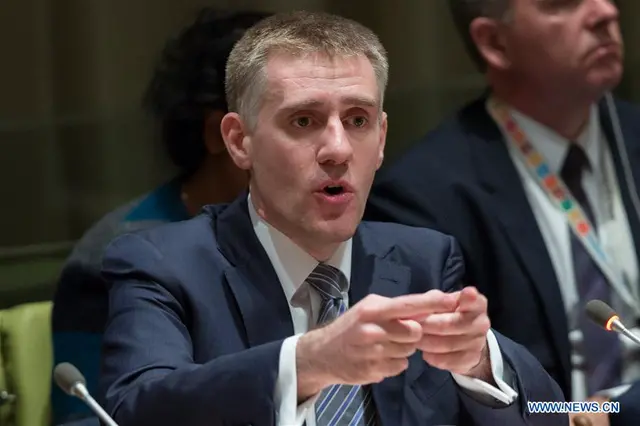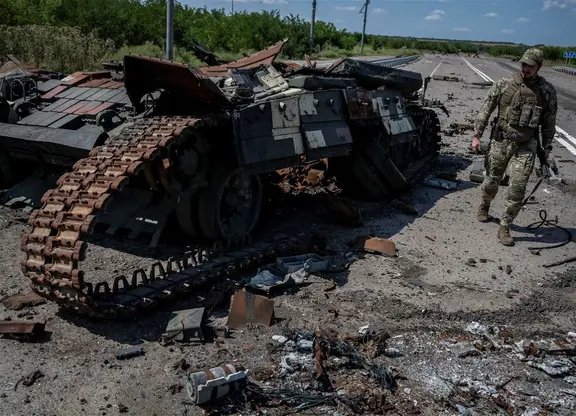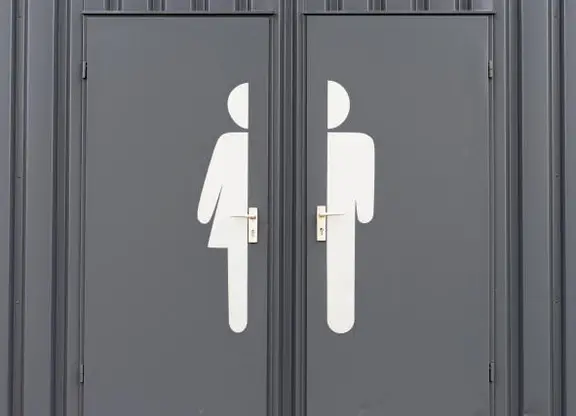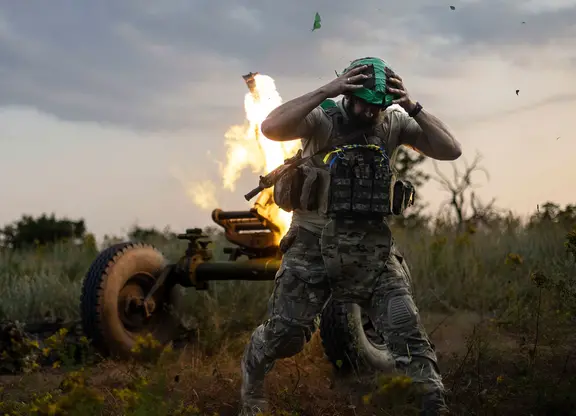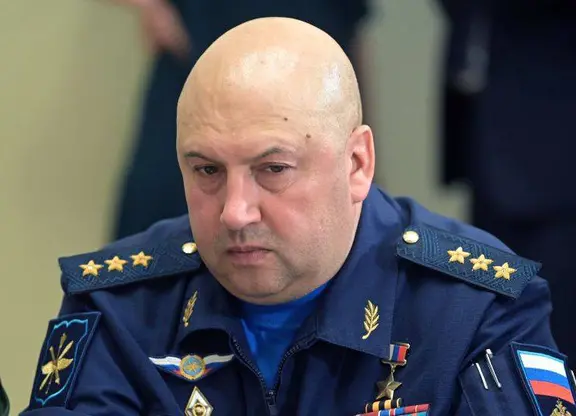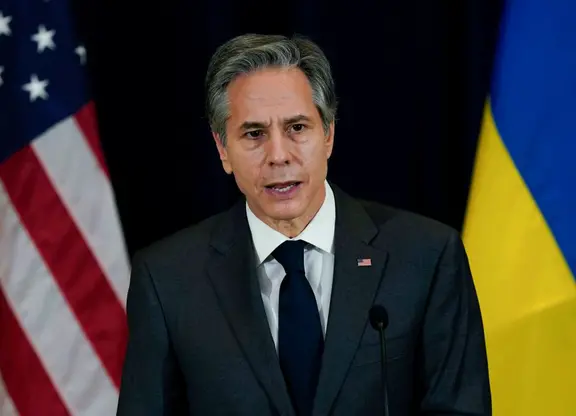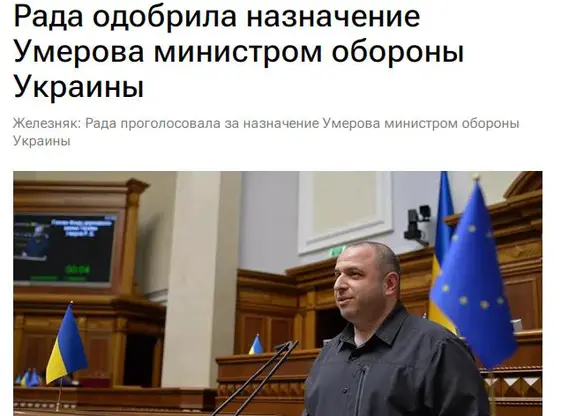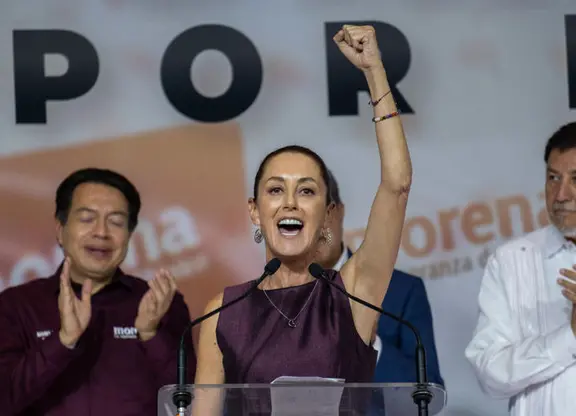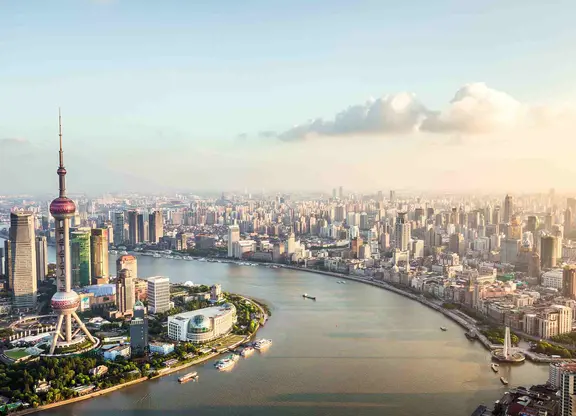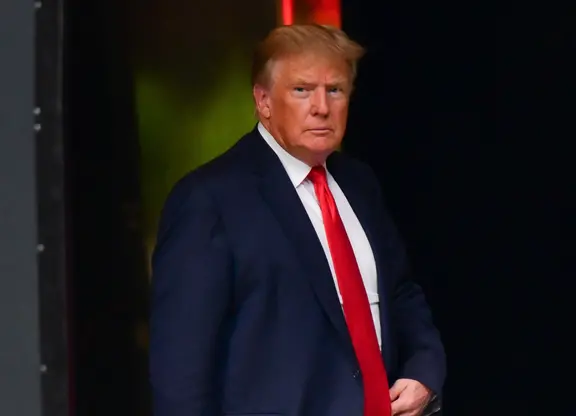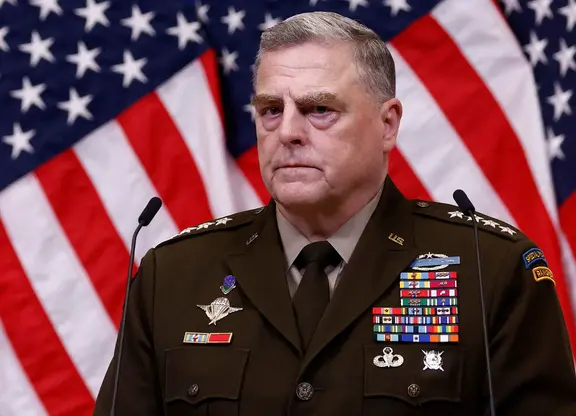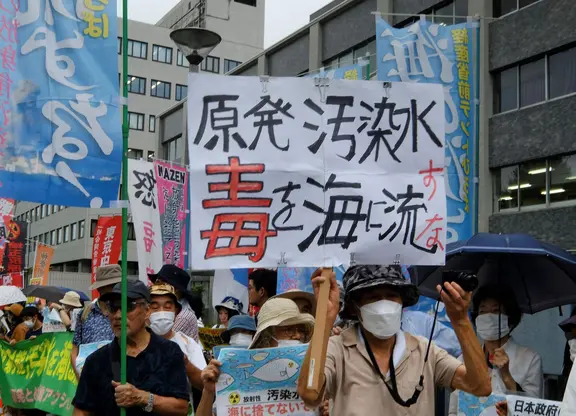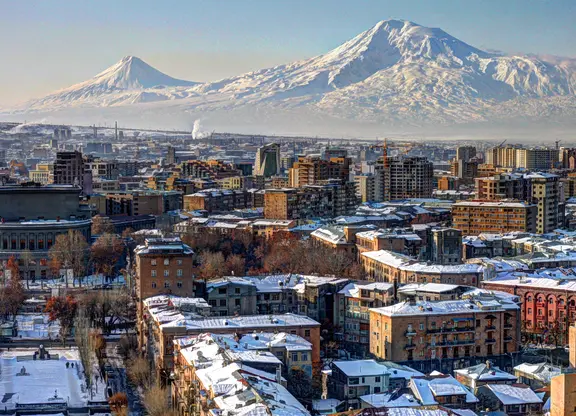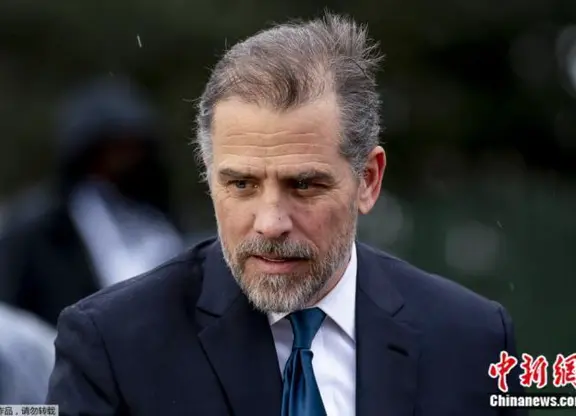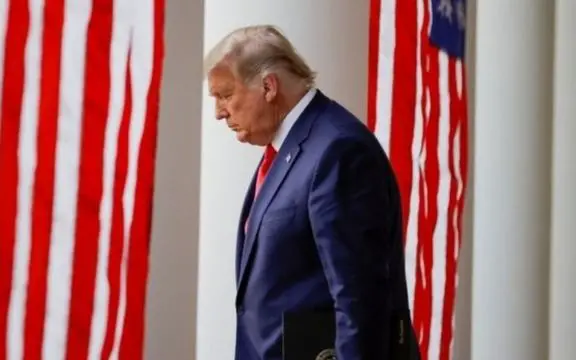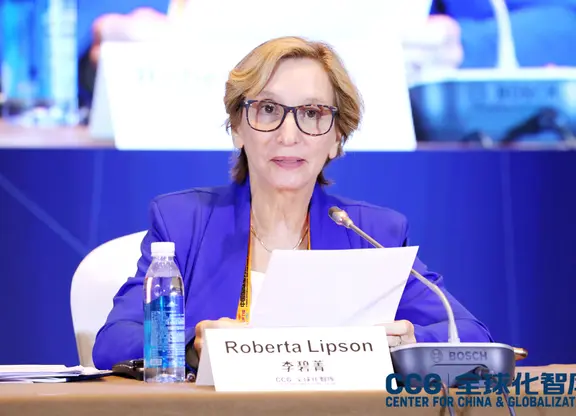The UN General Assembly on Tuesday kicked off three days of unprecedented interviews of the nine announced candidates seeking to replace Secretary-General Ban Ki-moon when his second five-year term ends on Dec. 31.
The first three interviewed were Igor Luksic, deputy prime minister and foreign minister of Montenegro; Irina Bokova of Bulgaria, director-general of the UN Educational, Scientific and Cultural Organization (UNESCO); and Antonio Guterres of Portugal, recently-retired UN high commissioner for refugees (UNHCR).
Over some eight hours, representatives of member states, observers and members of civil society grilled the candidates in separate two-hour sessions. Most questions were repeated between sessions so that each candidate had a chance to answer many of the questions put to others.
The interviews, also known as the informal dialogues, is the first in the UN history and an opportunity for members of both the United Nations and the public to have substantive and open engagement with the candidates.
President Mogens Lykketoft of the 70th UN General Assembly chaired the sessions at UN Headquarters, generally keeping a tight rein over time limits imposed on questioners and candidates, even cutting some of them off after they failed to beat the clock.
"We are sailing into uncharted waters here," said Lykketoft addressing the press ahead of the start of the informal dialogues at UN Headquarters in New York.
Calling the process a "potential game-changing exercise," he said the informal briefings were part of a "very transparent, very interesting discussion about the future of the United Nations."
Among the topics the candidates were sounded out about were terrorism, migration and refugees, human rights, gender and geographic imbalance in appointments and representation, resisting influence and youth.
Each candidate gave an opening statement based on their "vision" on how they would take the helm of the world organization.
This is the first time such an exercise was held in a bid to ensure transparency in the secretary-general election process.
The UN Charter calls only for the 15-member UN Security Council to recommend a candidate to the 193-member General Assembly for approval. The five permanent members of the UN Security Council hold veto power.
Critics complain such a relatively small body has too much say over who would be elected and hope the new measures being taken will give a voice to the general membership.
On Wednesday, Danilo Turk of Slovenia, a former president of his country and a former UN assistant secretary-general will be interviewed. He will be followed by Vesna Pusic, deputy prime minister and foreign minister of Croatia, and Natalia Gherman, former deputy prime minister and foreign minister of Moldova.
The candidates to be interviewed on Thursday will be Vuk Jeremic of Serbia, the latest candidate to enter the contest, a former foreign minister and president of 67th UN General Assembly who only announced his candidacy late Tuesday; Helen Clark of New Zealand, head of the UN Development Program (UNDP); and Srgjan Kerim, a former foreign minister of the former Yugoslav republic of Macedonia who served as president of the 62nd General Assembly.
The roster is heavy with candidates from Eastern Europe as there never has been a UN secretary-general from the region. It is highly likely for the next secretary-general to be from this region based on an informal system of geopolitical rotation. Enditem
 简体中文
简体中文

